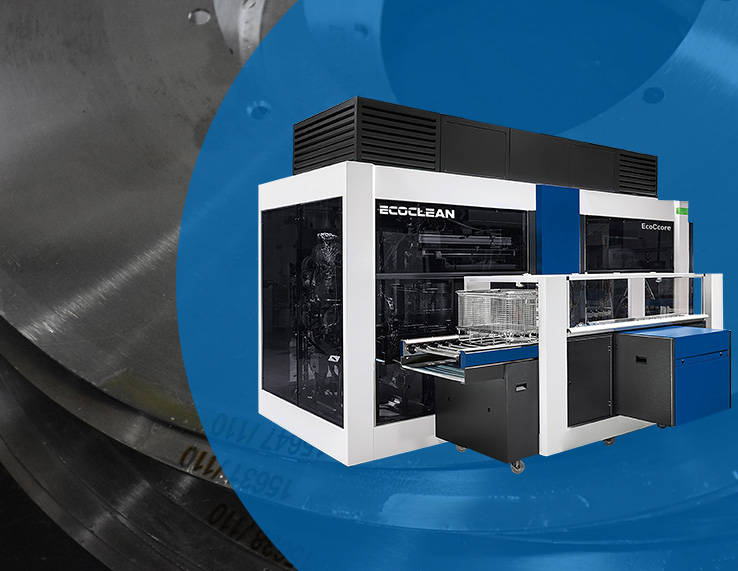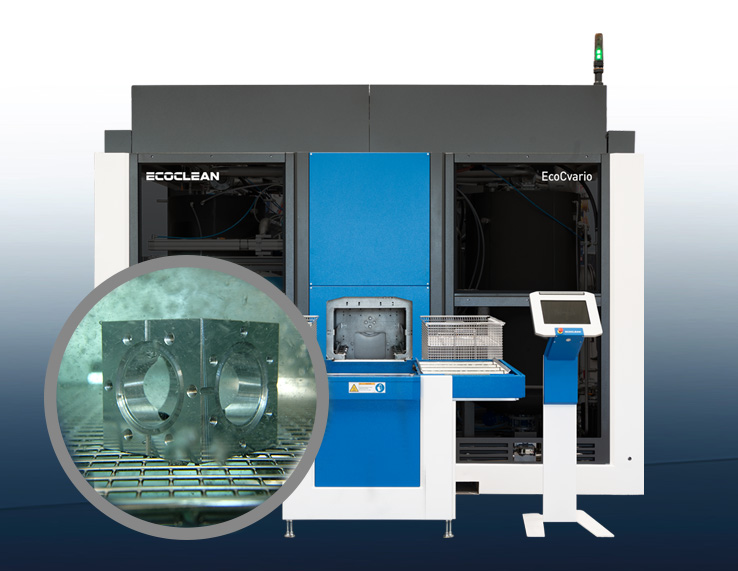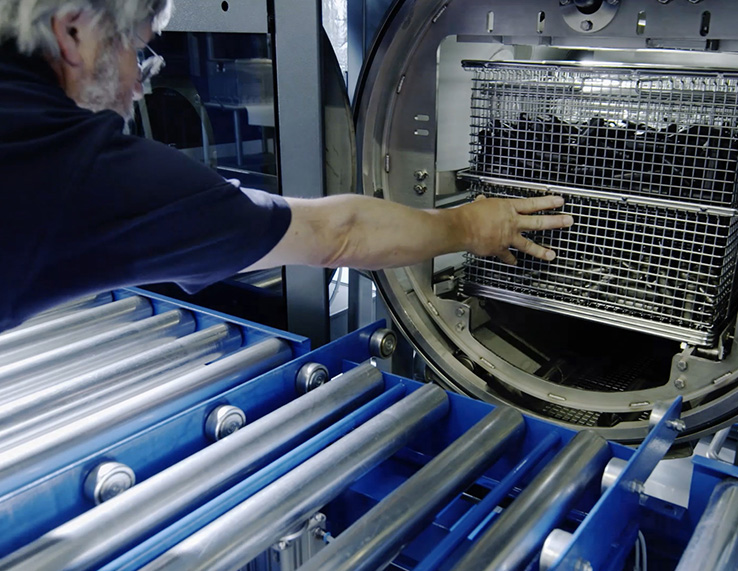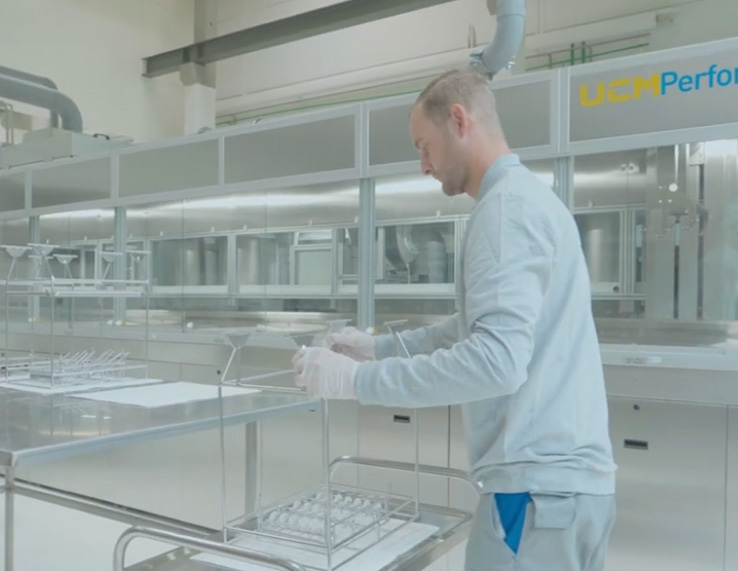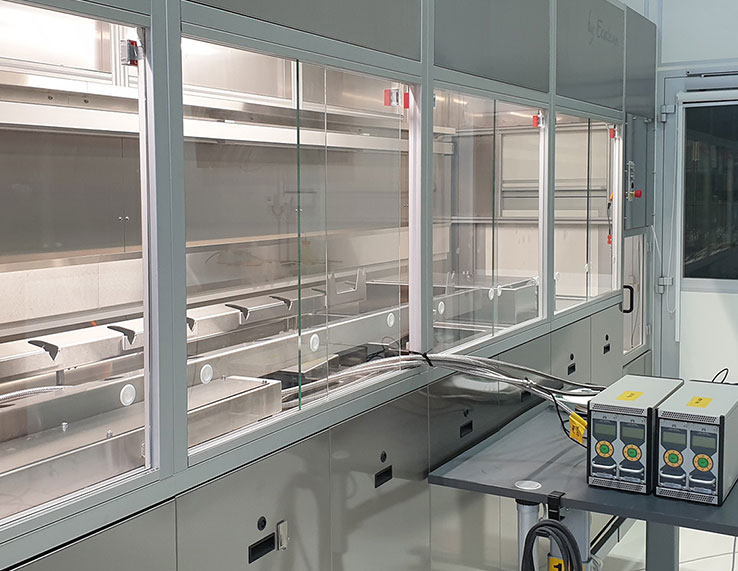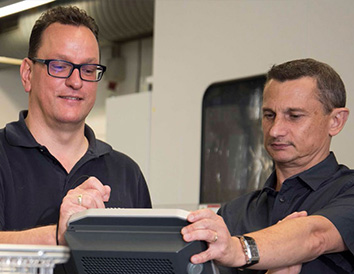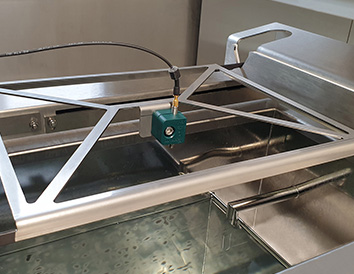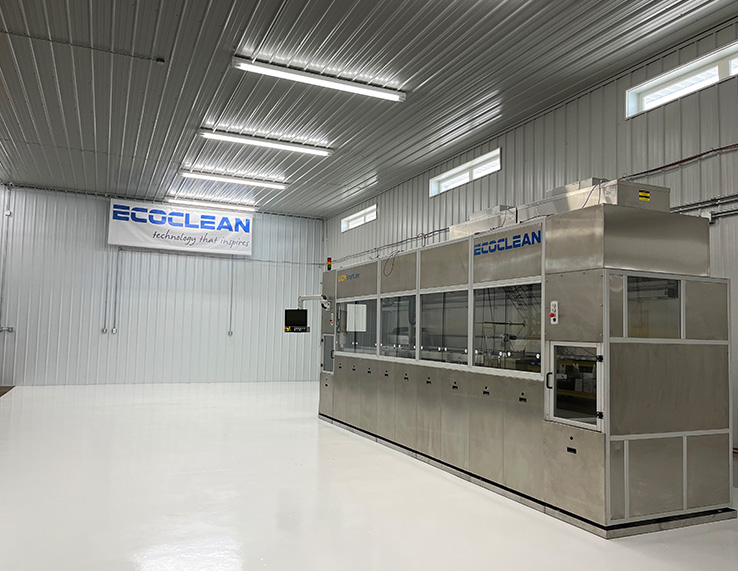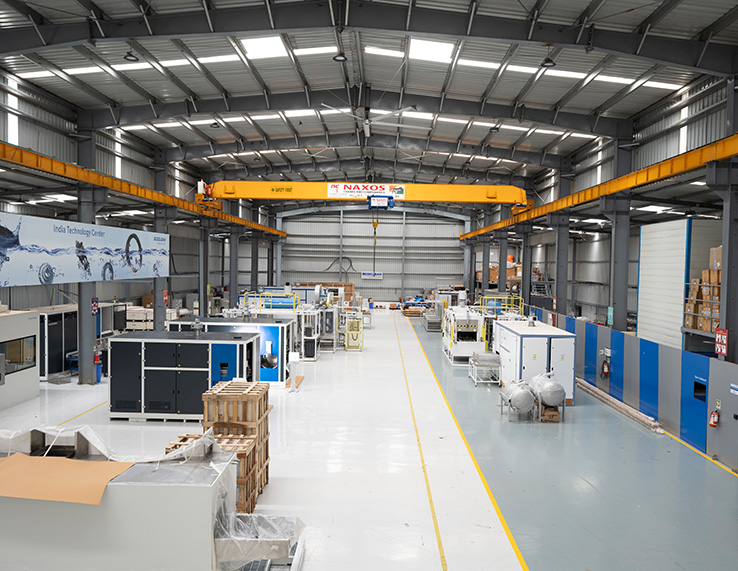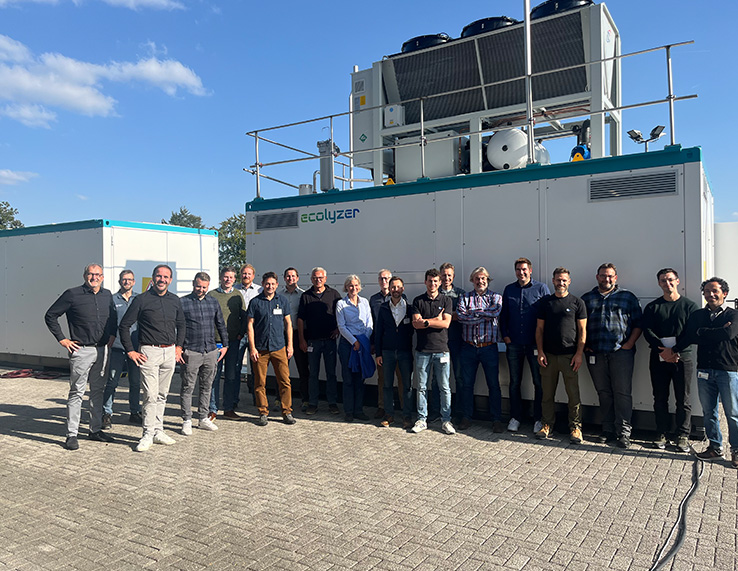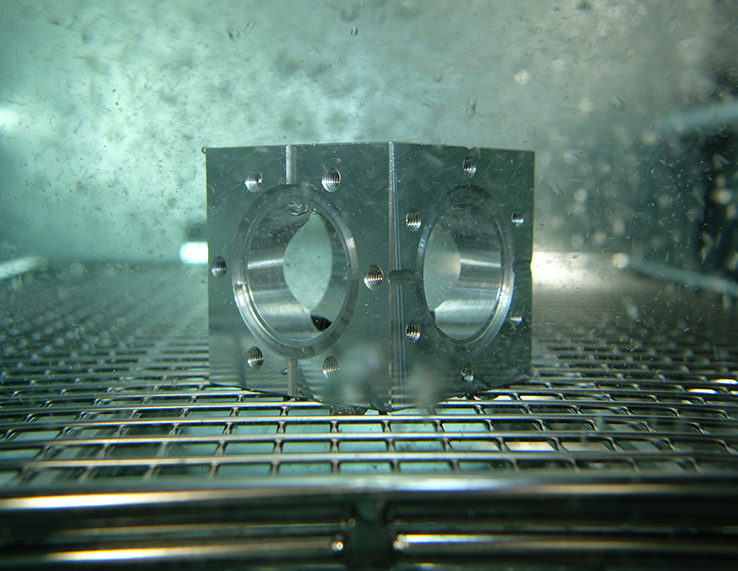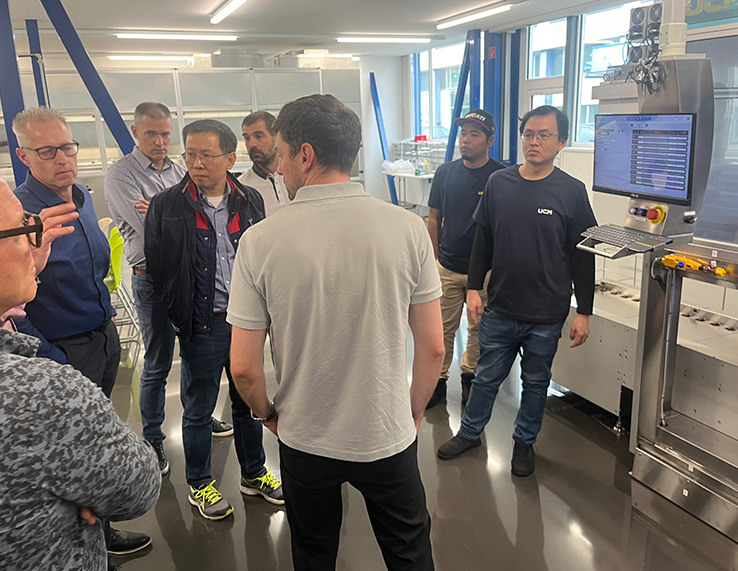SBS Ecoclean Group Blog
A hub for insights, updates, and deep dives into the world of industrial parts cleaning and surface processing, with solutions for Precision Technologies, HealthCare, Mobility, Environment and Renewable Energy.
Your go-to resource for the latest trends, technologies and best practices with: Industry Insights, Sustainability Focus, Expert Opinions, Company Updates and Technical Guides.
The Latest Blog Posts
02/25/2026
Efficient cleaning of micro-lasered filter screens for stable extrusion processes
Micro-drilled holes, maximum requirements: How can high-precision filter screens for plastics…
more
01/27/2026
How to meet the highest cleanliness requirements in advanced manufacturing?
With its wide range of configuration and automation options, the EcoCvario easily adapts to…
more
12/12/2025
Ecoclean Contract Cleaning
Industry-specific. Flexible. Reliable.
Every manufacturer knows this moment all too well: A…
more
11/20/2025
Inside Our Global Test Centers: Achieving Optimal Parts Cleaning Results
Achieving the desired cleaning results starts with the right parts cleaning trial environment. SBS…
more
09/02/2025
A Clear Focus on Cleaning Effectiveness
Our innovative APM solution has taken a major step forward: it’s now even more powerful in…
more
08/12/2025
Examine and improve processes | on site with customers
In parts cleaning, we not only look at the process in which our system is used, but also at what…
more
07/22/2025
Challenge accepted: Maximum cleanliness, shortest cycle times, fragile components.
We take the example of bipolar plates and ask our expert from the Ecoclean Center of Competence in…
more
06/18/2025
Medical Device Manufacturing - Cleaning, Passivation and Final Packaging Solutions for the Medical Device Industry
Fabio Cordaro takes us on a deep dive into the most relevant topics in medical device manufacturing.
more
11/14/2024
Ecoclean responds to US customer needs and takes further steps into medical technology and systems for the local market.
In 2024, Ecoclean focused on establishing new partnerships and expanding its product portfolio to…
more
11/13/2024
Local for local: news from India and China
In 2024, the SBS Ecoclean Group strengthened its commitment to local markets in line with our core…
more
11/12/2024
EcoLyzer: pioneering a green hydrogen future
Green hydrogen, sustainably produced by electrolysis of water, is a key enabler of the energy…
more
11/11/2024
High-Purity: Next-level industrial cleaning
The demands of industrial cleaning have never been more diverse, with new products, complex part…
more
11/10/2024
Strengthening our global presence with local expertise
With dynamic market conditions and increasing demand for innovative solutions, it has never been…
more










